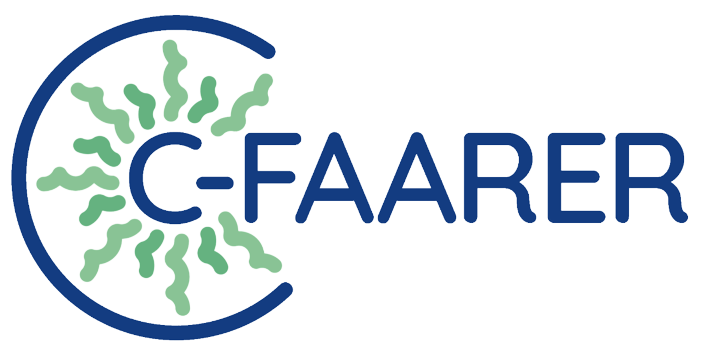Bridging Shores: Irish-Norwegian Dialogue on Regenerative Ocean Farming
Day 1 Recap – Norway/Ireland Seaweed Partnering Event 2025
On April 2nd, 2025, the Norway/Ireland Seaweed Partnering Event brought together ocean farmers, innovators, and researchers, to connect, collaborate, and exchange insights on the future of regenerative ocean farming. Day 1 was packed with inspiration, dialogue, and hands-on exchange — laying the groundwork for deeper partnerships between Norway and Ireland.
A Shared Vision for Regenerative Ocean Farming
The day began with a warm welcome and a shared purpose: advancing ocean farming practices that go beyond sustainability — that give back more than they take. The definition and principles of regenerative ocean farming, as introduced through the C-FAARER project, set the tone for the day. These included:
Enhancing ecosystem health
Respecting local culture and knowledge
Building circular, low-impact production systems
Ensuring benefits for both communities and nature
A compelling case study from Câr-y-Môr in Wales demonstrated how these principles translate into reality, combining ecological restoration with local job creation, education, and product innovation.
Group Workshop: Challenges & Solutions
Participants then broke into groups for a structured workshop. Guided by six key parameters — three ecological/environmental, and three socio-economic — the groups discussed the challenges they face and proposed regenerative solutions grounded in practice.
Key themes that emerged included:
Site & Ecosystem Health: Concerns around biodiversity, monitoring gaps, and inactive licenses
Farming Impacts: Risks from monocultures, predator conflict, microplastics, and nutrient pollution
Circular Design: The need to replace plastic ropes and improve IMTA systems
On the socio-economic side, discussions focused on:
Community Engagement: Strengthening public support, especially in remote regions
Market Development: Creating demand for seaweed products and improving infrastructure
Coastal Identity & Skills: Preserving traditional knowledge and creating new opportunities for youth
Each group shared key takeaways in a lively plenary, underscoring both shared barriers and creative, localised solutions. The format encouraged particularly rich exchange between Norwegian and Irish participants.
Introducing the Self-Assessment Tool
Following the workshop, the C-FAARER team presented a practical Self-Assessment Tool. It enables farmers and stakeholders to evaluate their practices across ecological and socio-economic dimensions — helping them identify strengths and opportunities for regeneration. This tool is grounded in real-world case studies and stakeholder feedback from across the project.
Ending with a Seaweed Farm Tour
To close the day, participants headed out on a boat tour to Arctic Seaweed’s farm, offering a direct look at regenerative practices in the field — from species cultivation to gear design. It was a fitting end to a day rooted in collaboration, reflection, and shared learning.
Search the Blog….
Visit us on Instagram




















